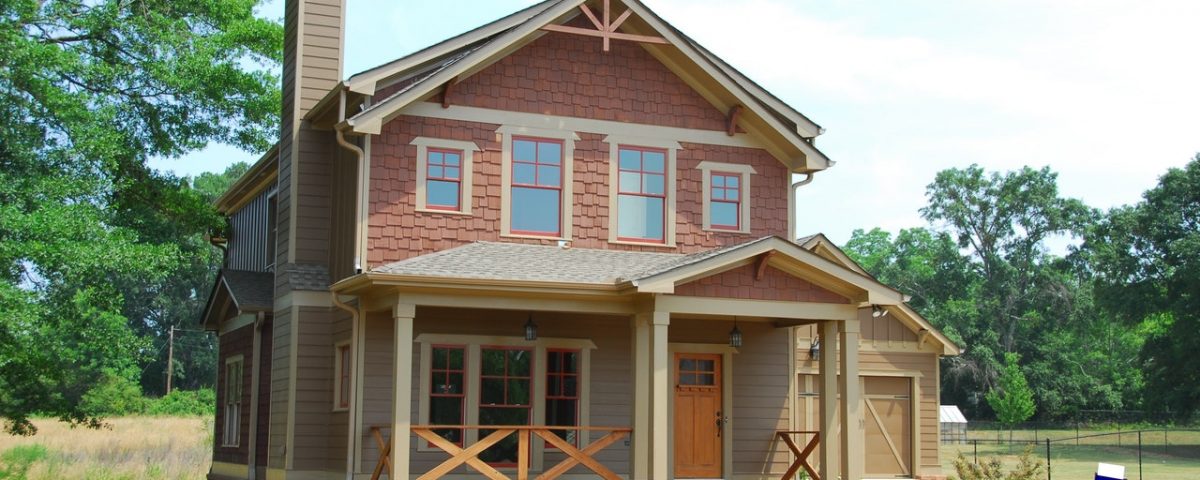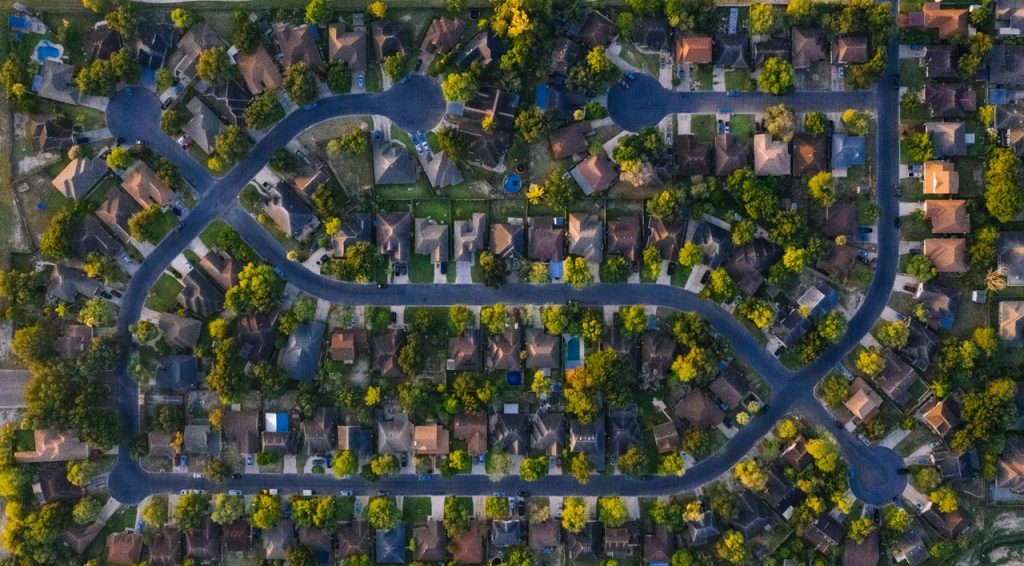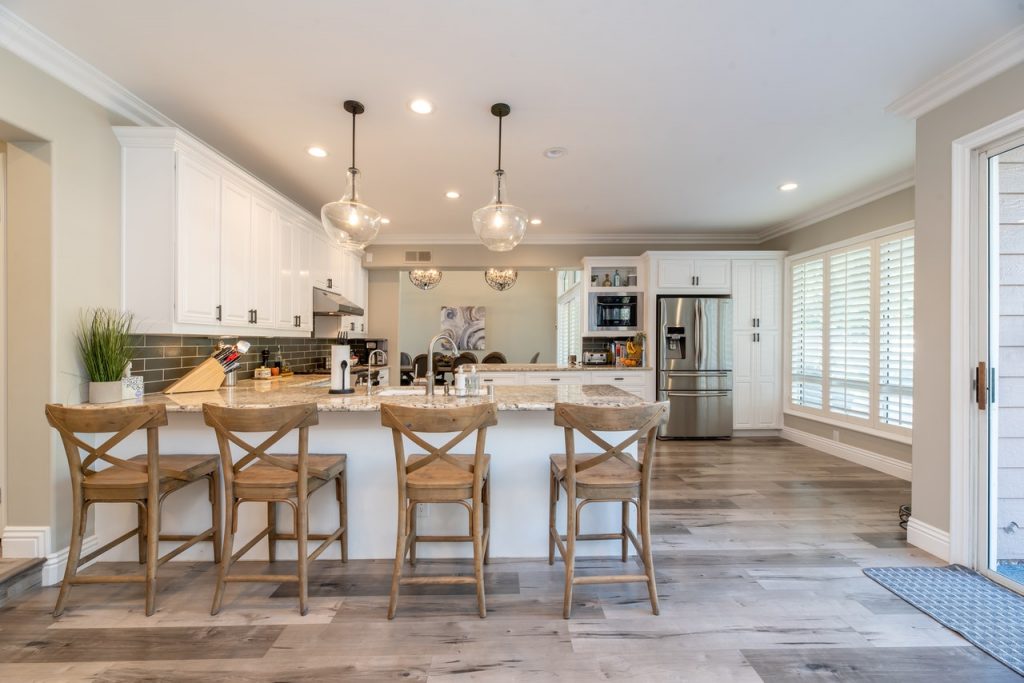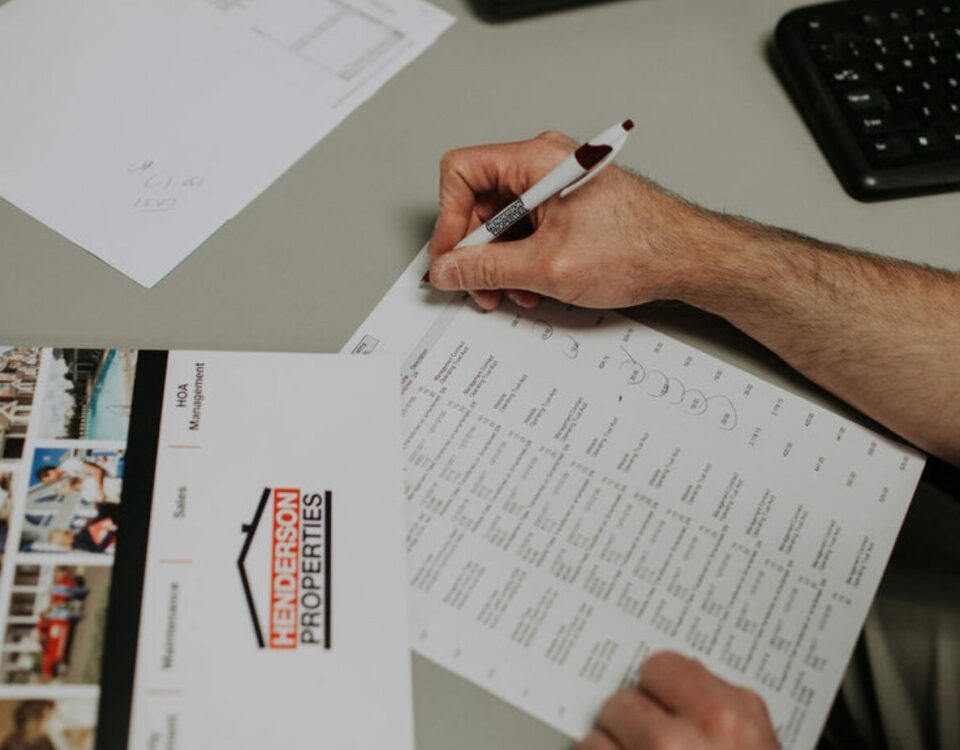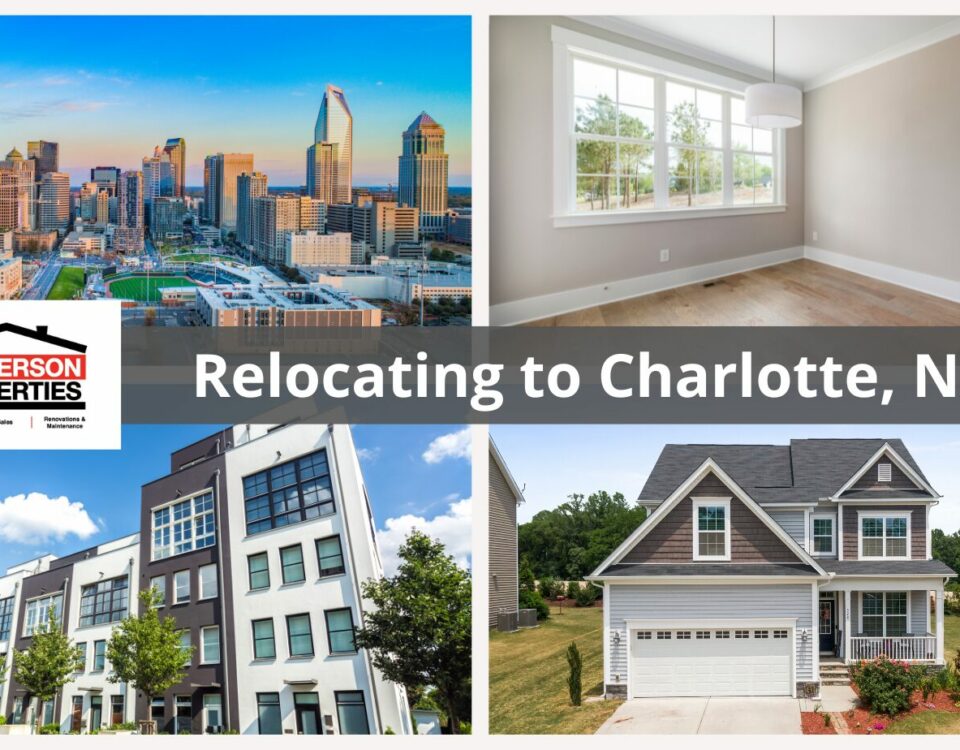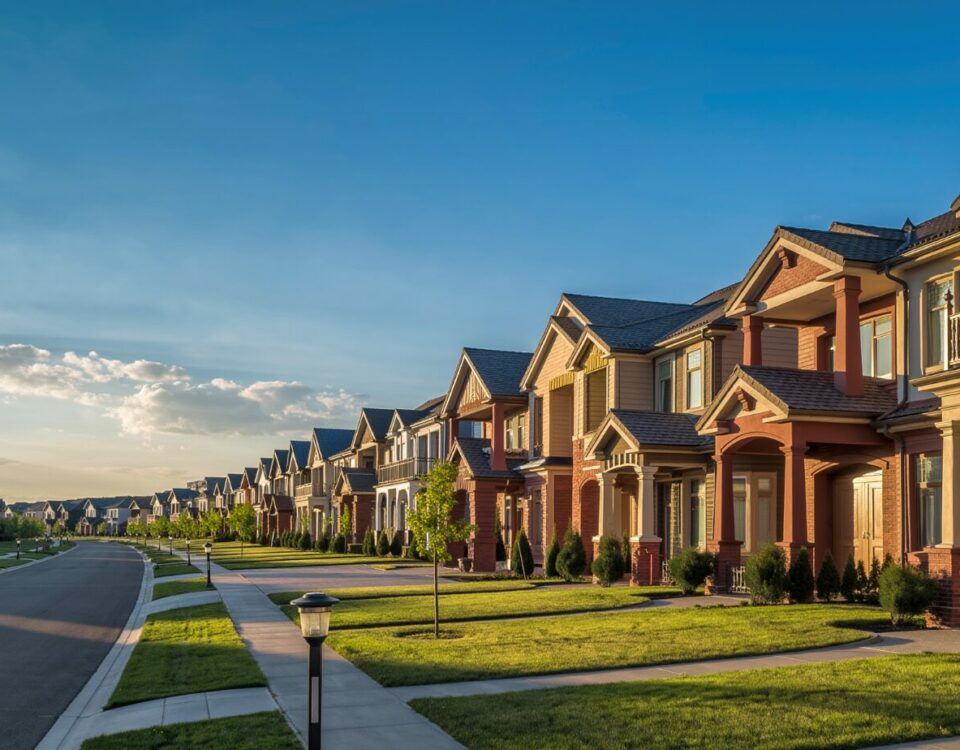- Walk-in Traffic is by Appointment Only - More Details
Residential Real Estate Investing Tips

8 Summer Home DIY Projects That Add Value
June 25, 2020
What Services Does a Multi-Family Property Management Company Offer?
July 28, 2020Real estate investment has served many people well. Whether buying a home or rental properties, it’s almost impossible not to come out ahead. Almost, that is
There are several conditions and factors you should consider before diving headfirst into real estate investing. Consider these tips, and get together with some experts to gauge how ready you are to enter the world of residential real estate.
1) Reduce your debt as much as you can
While it may be possible to acquire a loan while also carrying debt related to student loans, medical bills, and so forth, a reduced debt-to-income ratio will affect things such as the size of your down payment and your interest rate. You want to be negotiating from as strong a position as possible.
Before getting in too deep, do what you can to bring down your debt. A financial advisor can help you with this by identifying the most critical obligations to address first and how to best position yourself for home financing.
2) Purchasing a home or buying rental properties?
Are you looking merely to own your own home? Or are you considering investing in rental properties and becoming a landlord? You may want to experience home ownership first.
Just because you’ve decided to invest in your own home first doesn’t mean you can’t consider rental properties later on down the road. Starting with your own home is a great way to build equity and credit, making rental property ownership easier to reach later on. You’ll also learn what property ownership can entail from repairs and upkeep to taxes and local services.
This also gives you time to learn what local businesses and contractors are on hand to help out should you decide to expand beyond one or two homes and, instead, take on numerous properties to manage. You can also get a better idea of how much this will all cost compared to how much you may see as a return on your investment.
3) Know how down payments work
If you’re purchasing a home, your down payment will likely be pretty reasonable. 5 or 6% is pretty typical for a first time home buyer. If you’re looking at investing in rental properties you will not be living at; you will be more likely looking at a 20% down payment. This is because mortgage insurance isn’t usually an option for rental properties.
20% can be a lot, depending on the kind of property you’re considering. If you’re having trouble coming up with that much for a down payment, you can always look into a bank financing your down payment with a personal loan.
4) Location can make or break a good investment
Study the area where you’re looking to invest. Look at home values and conditions surrounding you. Is the community growing, or are there more For Sale signs than lived-in homes? How are the schools and public services? How’s the crime rate? Who are some of the biggest local employers?
You’ll want a property that will grow with the community, not suffer because of it. Conducting some due diligence on your target area will save you time, money, and aggravation when you’re looking to see that return on investment.
5) Try to figure out your potential profit margins
What are you looking to make back from your investment?
This is when you sit down with a financial advisor, or a big sheet of paper at least, and calculate how much you’ll be paying out compared to how much you expect to be taking in. If it’s a home purchase, you’ll have to think long-term and figure out what you could expect to sell your home for in a few years and how much you’d be paying for upkeep, repairs, or remodeling in the meantime.
For rental properties, you’ll have to look at what rent monies are coming in and how they match up to paying off loans, insurance, upkeep, maintenance, taxes, and more.
Ideally, most individuals aim for a 10% profit return. Large companies that deal in investment properties look for at least 5 to 7%.
6) Look into landlord insurance
If you’re investing in rental properties, landlord insurance is pretty much a must. Most policies will cover such things as property damage, lost rental income, and liability protection. You may be able to bundle landlord insurance with your homeowner insurance to save some expenses.
7) Remember to consider unexpected costs
While taxes, maintenance, and upkeep are easily calculated expenses, don’t forget to set something aside for emergencies. Hurricanes, blizzards, floods, wildfires, and pandemics are all things that can put you in the red without warning. Put aside something specifically for sudden unexpected costs. Even one frozen pipe can end up running up a big bill in repairs—especially if you need to scramble for funds to fix it quickly. If you’re working with rental properties, try to set aside at least 20 or 30% of your rental income as an emergency fund.
8) Keep expectations realistic, but don’t be afraid of a sound investment
Whether it’s a home or a rental property, you’re looking to invest in, calculate your expected costs and returns reasonably. Even if you plan for the lowest return, that return could still be a better investment than not getting involved at all.
Discuss your goals, expectations, and resources with a financial advisor or qualified real estate agent. Henderson Properties is ready and able to help you along the way. Contact us to learn more about how we can help!

